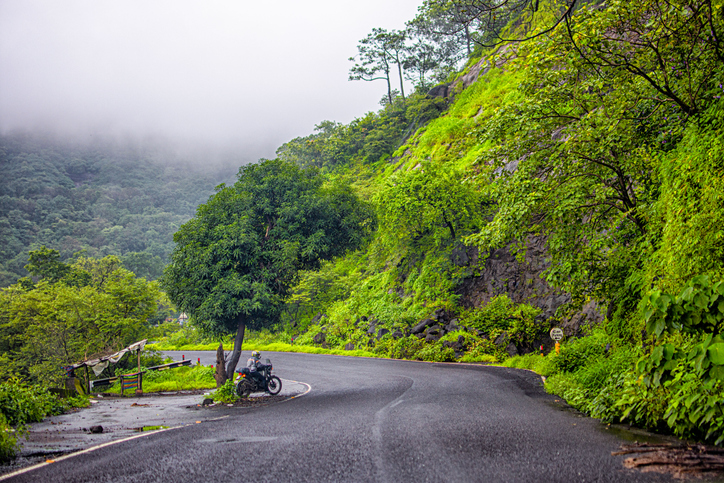Prime Minister Narendra Modi often emphasizes that infrastructure is not just about roads and bridges; it is about connecting lives, opportunities, and aspirations. In line with this vision, the Ministry of Rural Development has been spearheading the Pradhan Mantri Gram Sadak Yojana (PMGSY), working closely with state governments, to deliver all-weather rural connectivity across India. As of August 2025, under PMGSY, a total of 191,282 rural roads covering 838,611 km and 12,146 bridges have been sanctioned. Of these, 183,215 roads spanning 783,727 km and 9,891 bridges have already been completed. This scale of delivery demonstrates sustained policy focus and resource allocation by the Center and states under the scheme.
The program has also made green infrastructure and technology a priority. Out of the total sanctioned road length, 166,694 km have been approved under “new and green technologies,” and 124,688 km under this category have already been constructed by August 2025. These include the use of eco-friendly construction methods and stricter technical standards to ensure durability, sustainability, and reduced environmental impact.
Quality has been a central pillar of PMGSY’s implementation strategy. Roads under PMGSY are built to strict technical standards enforced through a three-tier quality monitoring system. This involves internal quality checks by implementing agencies, inspections by State Quality Monitors (SQMs), and surprise inspections by National Quality Monitors (NQMs). Such oversight helps maintain integrity in construction, ensures long-term durability, and reduces wastage of resources.
PMGSY has been structured into several phases, each addressing specific connectivity gaps. Phase I focused on connecting unconnected habitations; Phase II (launched in 2013) expanded to upgrading existing roads; and Phase III (2019) emphasized consolidation of through routes, major rural links, connecting gram agricultural markets, higher secondary schools, and hospitals. Phase IV, approved by the Cabinet on 11 September 2024, aims to connect 25,000 unconnected habitations by constructing 62,500 km of new all-weather roads with an outlay of ₹70,125 crore, covering plains, hills, tribal areas, special category areas, and aspirational areas.
A few example stories clearly show the human impact. In the Mandla district of Madhya Pradesh, villages like Barbaspur and Kurla, which were cut off during monsoon floods, now have a robust bridge across Rojhan Nalla. Sanctioned under PMGSY-1 in 2018-19 for Rs. 1.81 crore, this seven-span bridge is a literal lifeline, enabling access to hospitals, schools, markets, and dignity in everyday life. The building of this bridge also created about 3,000 person-days of work by employing returning migrant workers, thereby generating livelihoods in addition to connectivity.
The allocation for PMGSY in FY 2025-26 reflects the government’s continuing commitment: about ₹19,000 crore is earmarked, underscoring the emphasis on closing remaining connectivity gaps, strengthening rural infrastructure, and boosting economic opportunity. With better roads, farmers can take produce to markets on time, health workers can reach remote homes, schoolchildren can attend school daily, and access to services becomes more reliable.
Taken together, the progress under PMGSY is reshaping rural India from periphery to priority. Roads are becoming more than concrete; they are infrastructure of hope, pathways to healthcare, education, livelihoods, and gender inclusion. By combining green technologies, rigorous monitoring, inclusive coverage (tribal, special category areas, hill, and plains), and strong financial backing, PMGSY is helping build resilient rural futures. For many remote communities, the promise of connectivity is now a reality.














